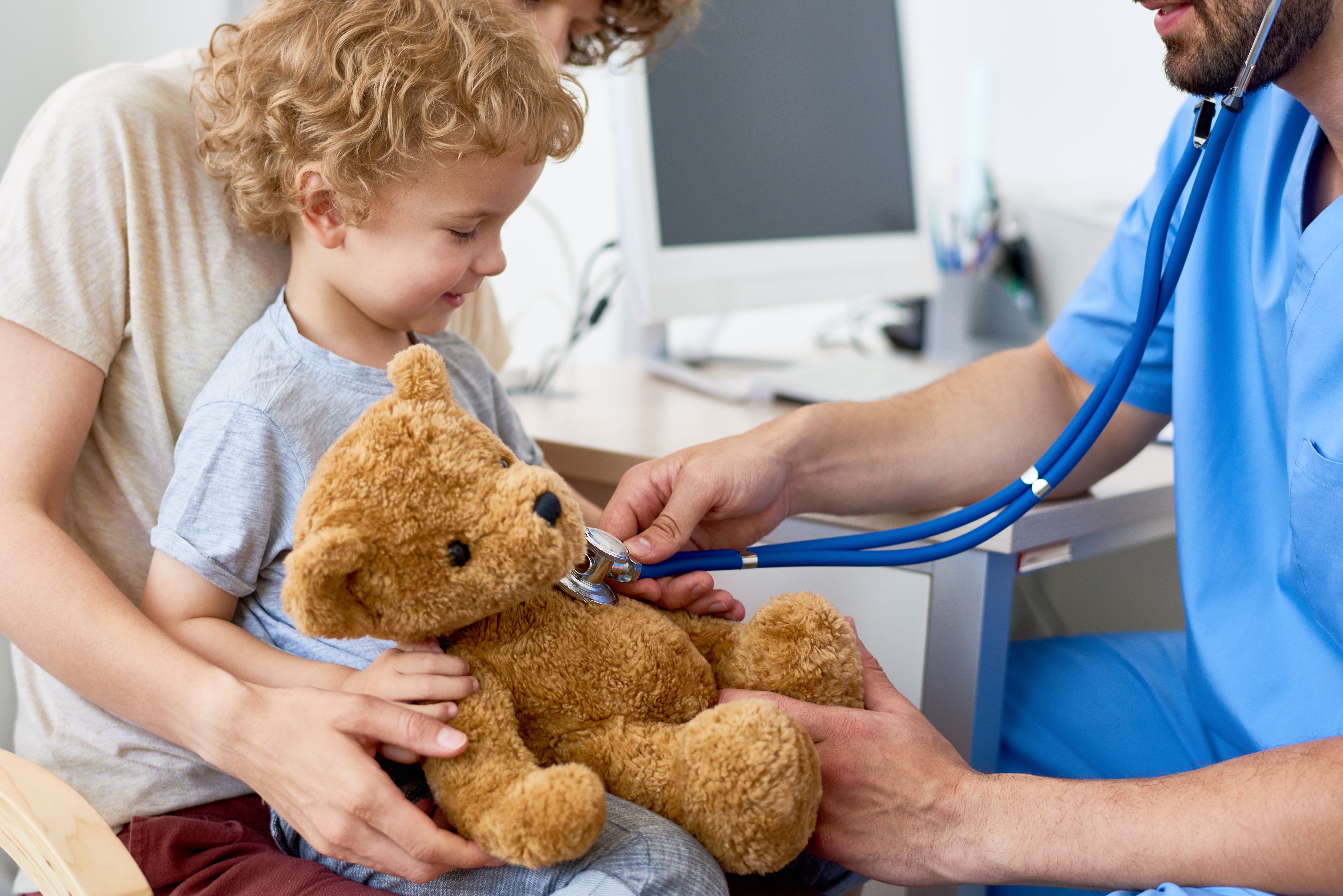
Children’s doctors are being urged to quiz patients about their cost of living crisis struggles amid fears soaring bills will result in serious health issues.
The Royal College of Paediatrics and Child Health (RCPCH) is giving UK paediatricians detailed advice on how they can help poorer households.
It comes as widespread calls have been made for the energy crisis to be taken seriously amid concerns that lives will be lost this winter as many will be forced to choose between heating or eating.

According to a new RCPCH survey, six out of 10 paediatricians believe that the cost of living crisis is already impacting the health of children and young people.
Are you struggling in the cost of living crisis? If so email maryam.zakir-hussain@independent.co.uk
Dr Camilla Kingdon, the college’s president, said child health inequalities “are impossible to miss” for paediatricians.
She told The Guardian: “It’s in the asthma that won’t go away from poor quality damp housing, the destructive impact of food insecurity, poor dental health or low birth weight.”
Dr Kingdon added that an understanding of a family’s financial capacity and living conditions will enable doctors to assess, manage and support children appropriately.

The initiative is not alone in pushing for more of an integrated approach to health and social care, as NHS leaders have recently called for extra social care funding to help alleviate the looming winter strain.
Matthew Taylor, chief executive of the NHS Confederation, said: “We are weeks away from what many predict will be the most extreme winter pressures that the NHS has ever faced.”
A government spokesperson said: “We know that people are struggling with rising prices, which is why we have taken action through our £37bn support package to help households this winter, including protecting millions of the most vulnerable people with at least £1,200 of direct payments, starting with the £326 cost of living payment.
“We have invested £79m in 2021-22 alone to expand children’s mental health services, and we are promoting a healthy diet among children. This includes expanding access to free school meals, investing £24m into the national school breakfast programme, and our Healthy Start scheme payments for food and milk.”







